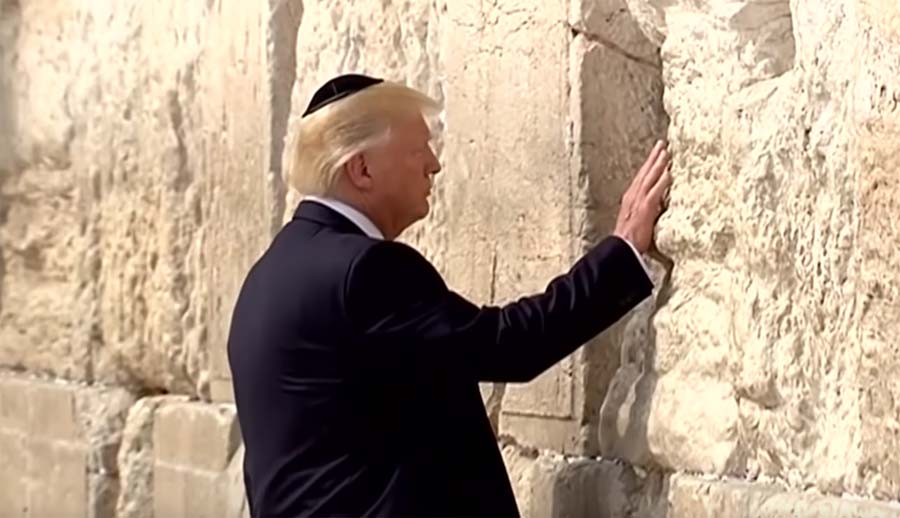
The State Department said Friday that the decision followed a review "to ensure these funds are spent in accordance with U.S. national interests and provide value to the U.S. taxpayer." It follows an earlier decision to withhold millions in funding for UNWRA, the United Nations Palestinian refugee agency.
Although Europeans and other international organizations have picked up some of the slack, the U.S. cuts are likely to further weaken the Palestinian Authority that governs the West Bank, and Hamas, in Gaza, which the United States considers a terrorist organization.
Cuts in the UNWRA funding already have led to the laying-off of hundreds of Palestinian employees and cuts in services. As of the end of July, the United States had provided $60 million for the U.N. agency this year, compared with $360 million last year.
Cancellation of the bilateral funding, which pays for infrastructure and humanitarian assistance, democracy and education - much of it through nongovernment relief organizations - effectively means the United States is giving no money to the Palestinians. This year's budget for the aid was $251 million.
"This decision takes into account the challenges the international community faces in providing assistance in Gaza, where Hamas control endangers the lives of Gaza's citizens and degrades an already dire humanitarian and economic situation," the State Department said in a statement.
A promised Trump administration peace plan to resolve the decades-old Israeli-Palestinian dispute has been repeatedly delayed. Officials and diplomats who discussed the still-secret plan on the condition of anonymity said in late June that it was likely to be released "within weeks."
"We're going to let the situation on the ground determine when to do it rather than deciding on a deadline and force it," said one official, amid reports that the plan will largely concentrate on economic rather than political incentives for the Palestinians.
Critics have charged that the administration is working on behalf of Israel and trying to push the Palestinians into submission.
J Street, a liberal pro-Israel advocacy group, called the new cuts "a moral outrage and a major strategic blunder."
Hanan Ashrawi, a member of the Palestine Liberation Organization Executive Committee, said the administration was using "cheap blackmail as a political tool. . . . There is no glory in constantly bullying and punishing a people under occupation," she said. "The U.S. administration has already demonstrated meanness of spirit in its collusion with the Israeli occupation and its theft of land and resources; now it is exercising economic meanness by punishing the Palestinian victims."
The administration's plan is being drawn up by Jared Kushner, President Donald Trump's adviser and son-in-law, and Jason Greenblatt, a former Trump Organization lawyer named chief White House negotiator. Progress has been delayed by a months-long Palestinian boycott of talks with the Americans to protest Trump's recognition in December of Jerusalem as Israel's capital and the movement of the U.S. Embassy there from Tel Aviv.
The status of Jerusalem has long been considered one of the "final status" issues to be decided in negotiations between Israel and the Palestinians.
In a speech to supporters Tuesday, Trump hailed the embassy move as one of the successes of his administration, accomplished after other presidents had failed to do it. As a result, he said without elaboration, "in the negotiation Israel will have to pay a higher price because they won a very big thing."
"Now it's off the table. There's nothing to negotiate," he said of Jerusalem. But the Palestinians will "get something very good because it's their turn next. Let's see what happens."
(COMMENT, BELOW)


 Contact The Editor
Contact The Editor
 Articles By This Author
Articles By This Author